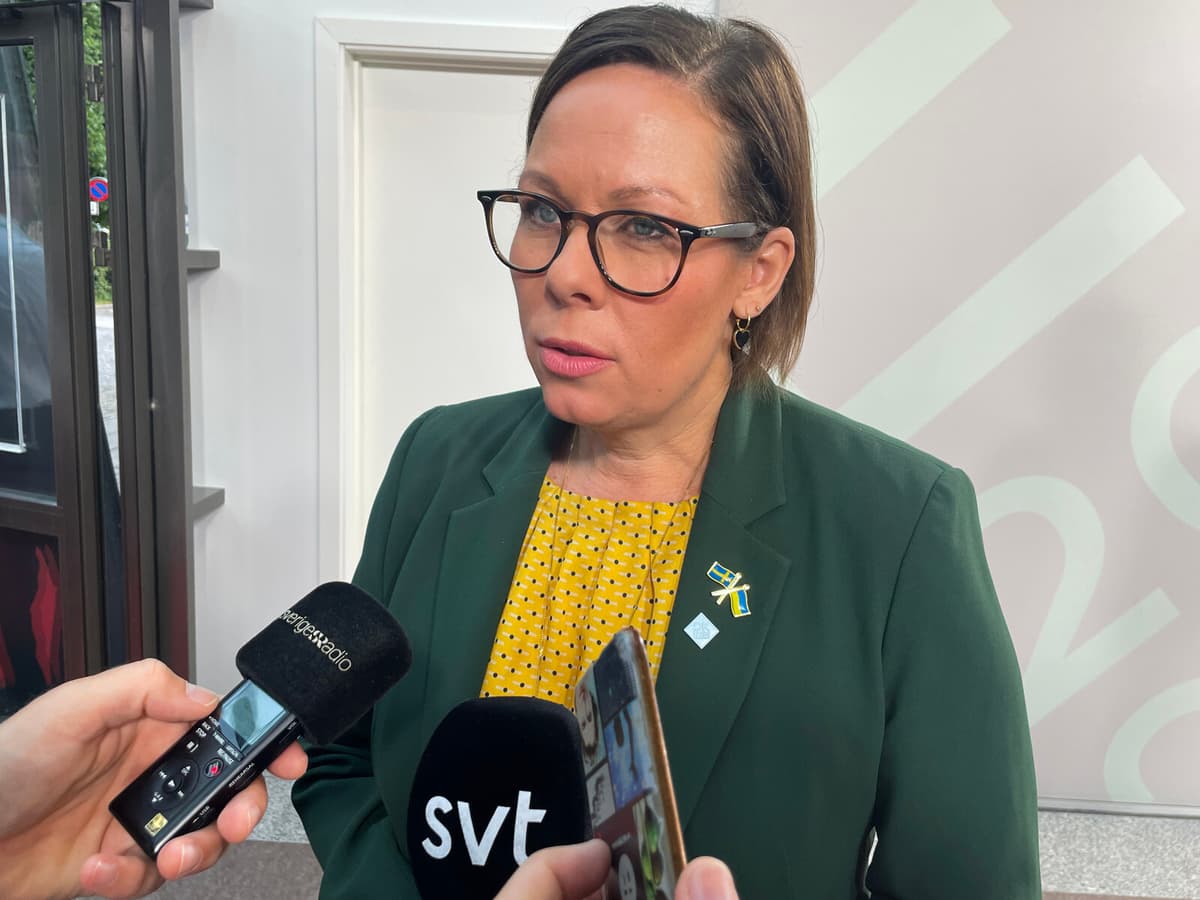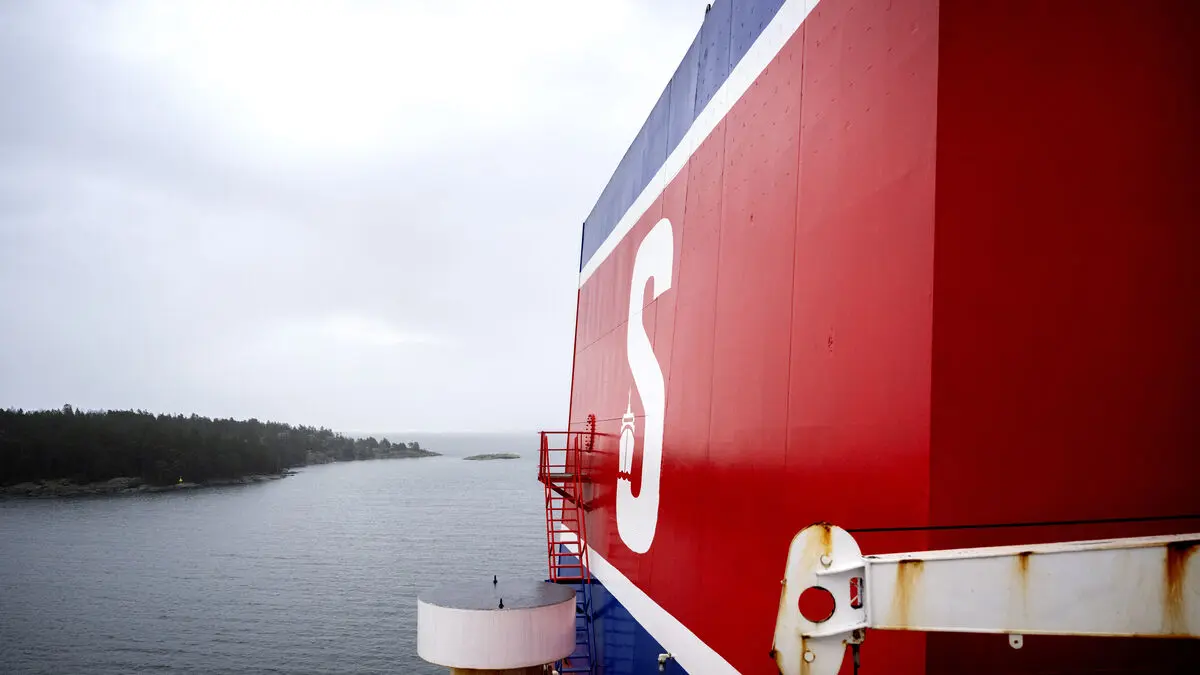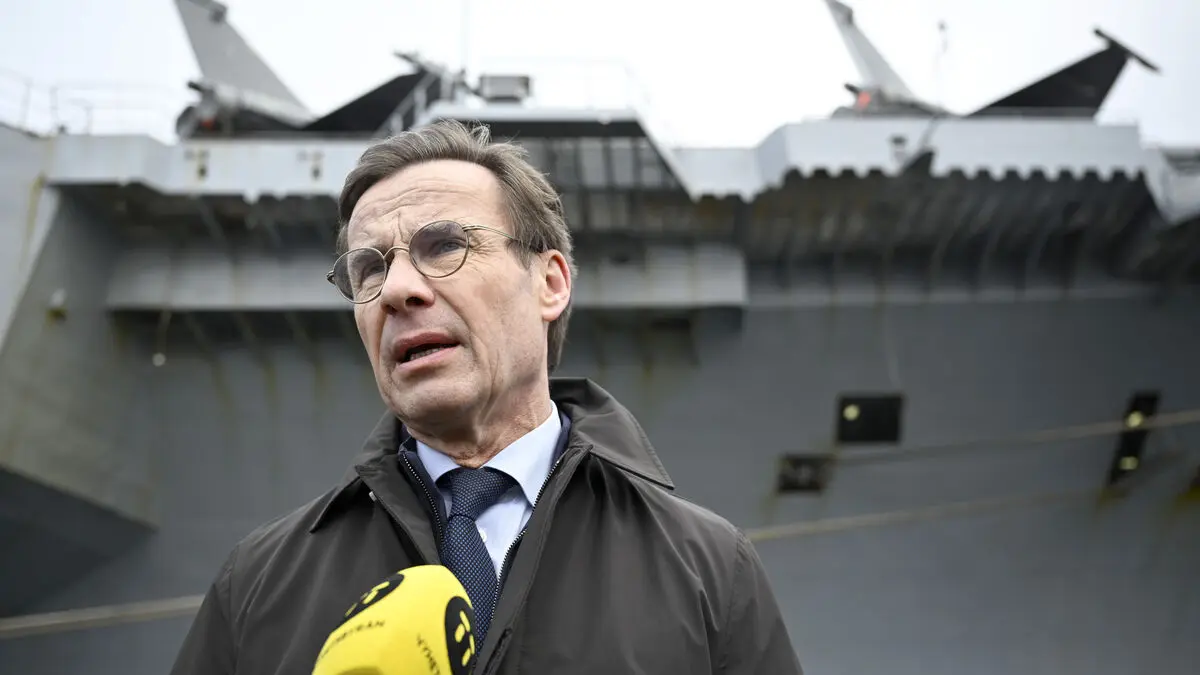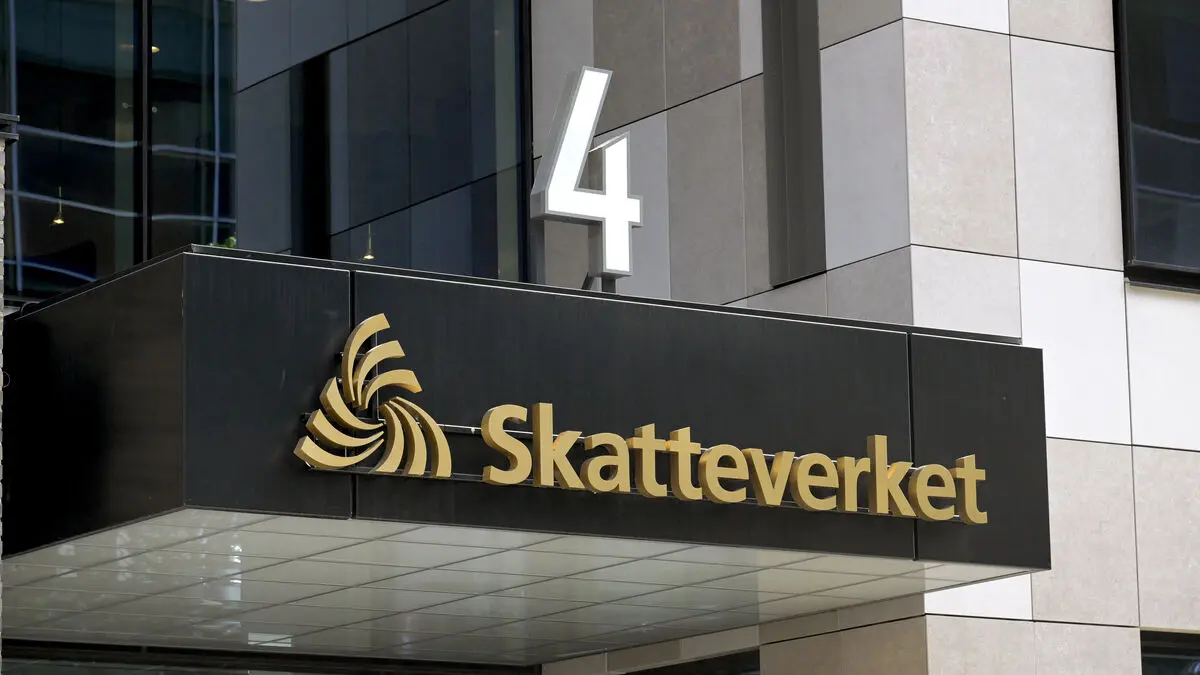So far, the EU has been content with only using the interest from the Russian state assets that have been frozen in accounts, mainly in Belgium. Now, however, the EU Commission is looking more and more actively at how to use the assets themselves – which amount to around 200 billion euros.
One thing is completely clear and everyone agrees: considering the devastation that Russia has caused and is causing in Ukraine, it is unthinkable that Russia will see this money again, unless they fully compensate Ukraine for the damage, says EU Foreign Minister Kaja Kallas after Saturday's meeting between the foreign ministers of the member states in Copenhagen.
Support exists, among other things, in the Nordic and Baltic countries, which reject the concern that exists elsewhere that a seizure can damage confidence in the whole of Europe and the euro's position as a global currency.
I think we can do this without serious disruptions, and I also think it's our duty to do it. Sooner or later, someone will use these assets and I don't think it should be Russia, says Foreign Minister Maria Malmer Stenergard.






